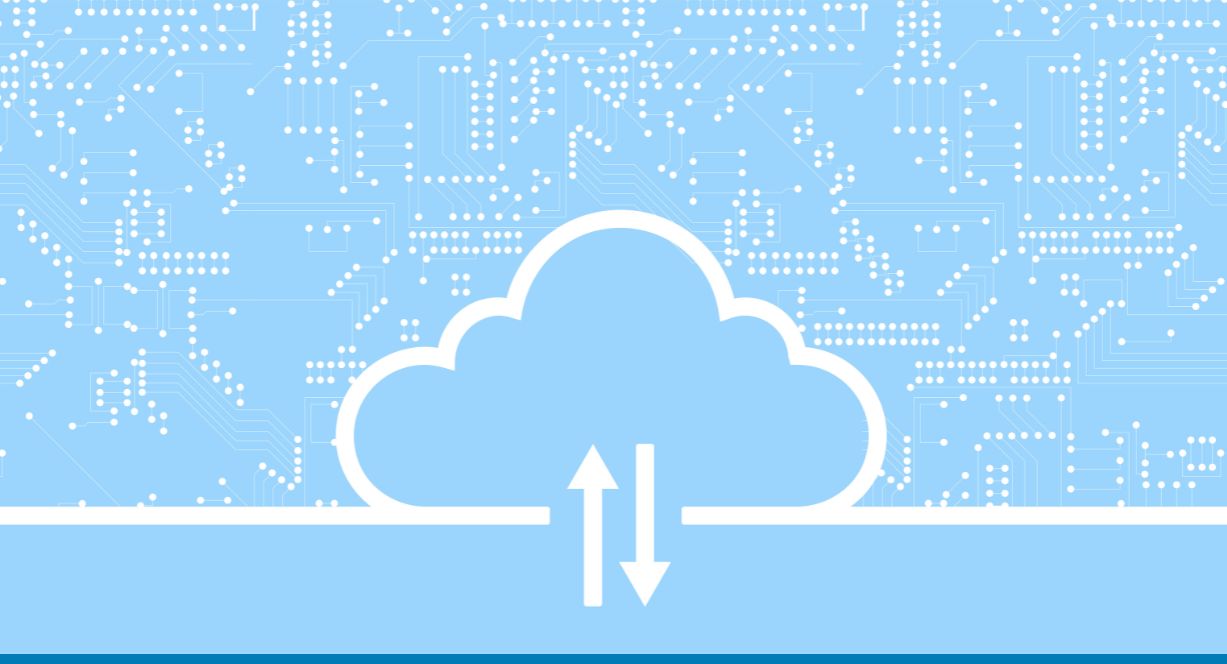Top 5 Reasons Professional Services Firms Need Cloud ERP
SAP Business ByDesignLearn how a cloud ERP solution like SAP Business ByDesign can improve human resource management and...

April 07, 2023
Blog > Why Try Cloud ERP? Top Reasons to Trust Cloud ERP in Today's Marketplace
This post was updated in March 2023.
Small businesses are the backbone of our economy. And as a small business owner, you need tools to thrive in an ever-changing, competitive marketplace.
If your entry-level software has run its course, it’s time to look closely at cloud ERP.
Getting your business off the ground with an accounting solution like QuickBooks, Peachtree, or Sage 50 was a good choice. But now that you’re destined for bigger and better things, that basic software may be too basic.
Helping growing businesses move from entry-level software to powerful, all-in-one enterprise resource planning (ERP) solutions is Vision33’s specialty. When we partner with businesses to understand their needs, we hear the same issues repeatedly:
If you’re nodding your head, you may be ready for cloud ERP.
An ERP solution brings every aspect of your business—including financials, human resources, customer relationship management (CRM), procurement, projects, and supply chain—together on one platform.
Then, the cloud changes everything.
Cloud ERP solutions eliminate expensive, risky investments in glitchy software, clunky on-premises servers, and armies of IT staff. With the right cloud ERP solution, all you need is an internet connection and a web browser. The provider handles security, maintenance, and upgrades behind the scenes.
Cloud ERP makes businesses more resilient and adaptable. It saves money by minimizing the need for hardware and storage and saves time by automating labor-intensive processes. Cloud ERP also gives you secure access to your data anytime, anywhere, and on any device, so your team can stay connected and collaborate with ease.
Cloud ERP transforms the headaches of entry-level software into:
The costs of cloud ERP implementation are lower than many systems as well as lower ongoing costs. Businesses also get to save on needing a supportive in-house IT staff to help keep up with these systems. Maintenance and support is something that can add up over time with other systems integrations.
With growing security concerns, it makes more sense today to keep information safe in the cloud. Cloud ERP servers are housed in secure, centralized servers. Today's Cloud ERP solutions are highly encrypted to provide additional security measures and to prevent hacks. Cloud ERP allows for better security resources to keep organizations safer.
Download our free 9-page eBook, Is Your Accounting Software Holding Back Your Business?, to understand how cloud ERP enables you to run and grow your business in ways QuickBooks, Peachtree, and Sage 50 can't.
Subscribe to our newsletter to receive our latest blog posts, case studies and ERP news delivered straight to your inbox.
Learn how a cloud ERP solution like SAP Business ByDesign can improve human resource management and...
Protect your company's vital data with a secure Cloud ERP solution. Discover the unmatched data...
Get the insights you need to make an informed cloud ERP decision in our live webinar discussing SAP...
Recieve our latest blog posts, case studies, and ERP news
delivered straight to your inbox.